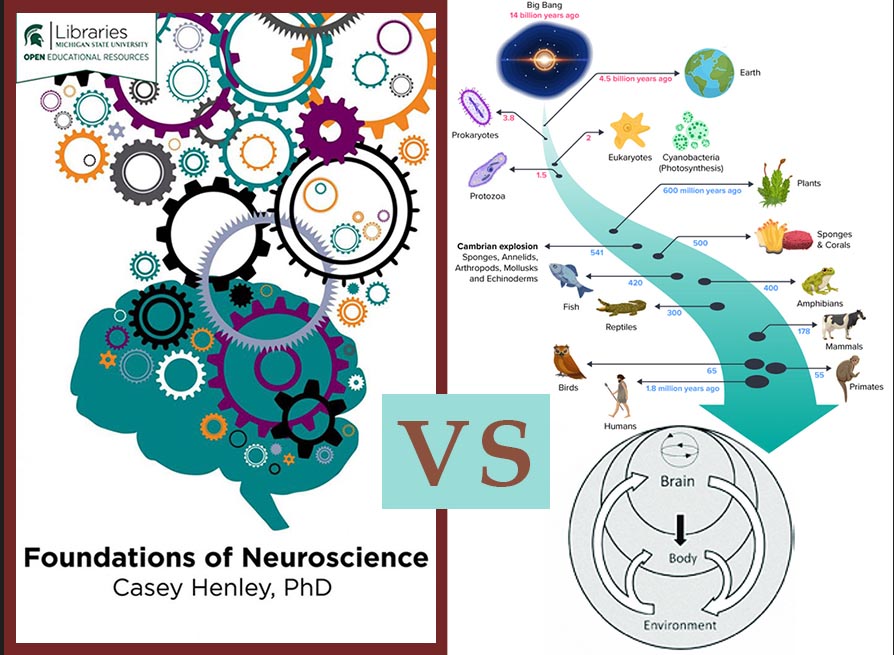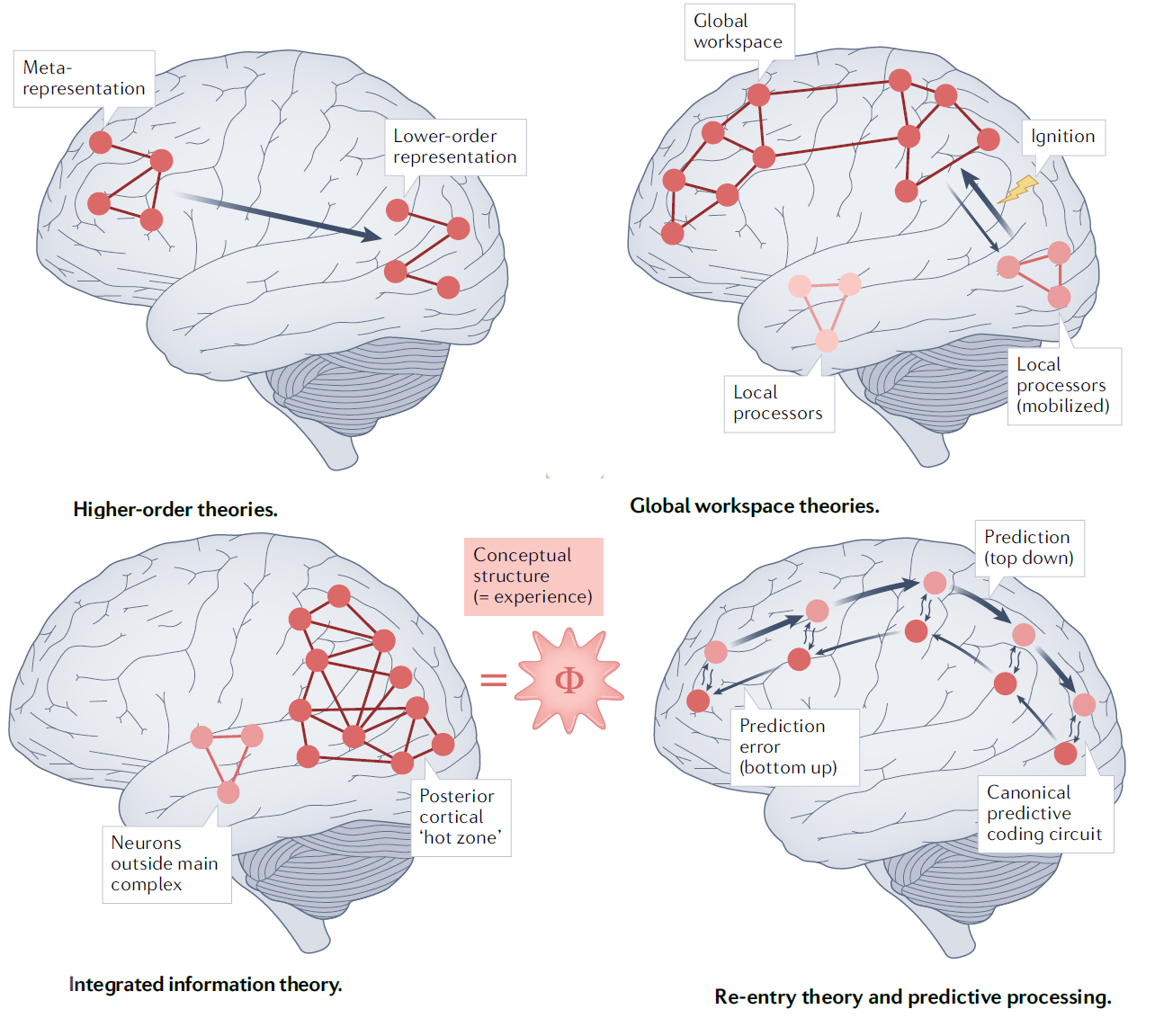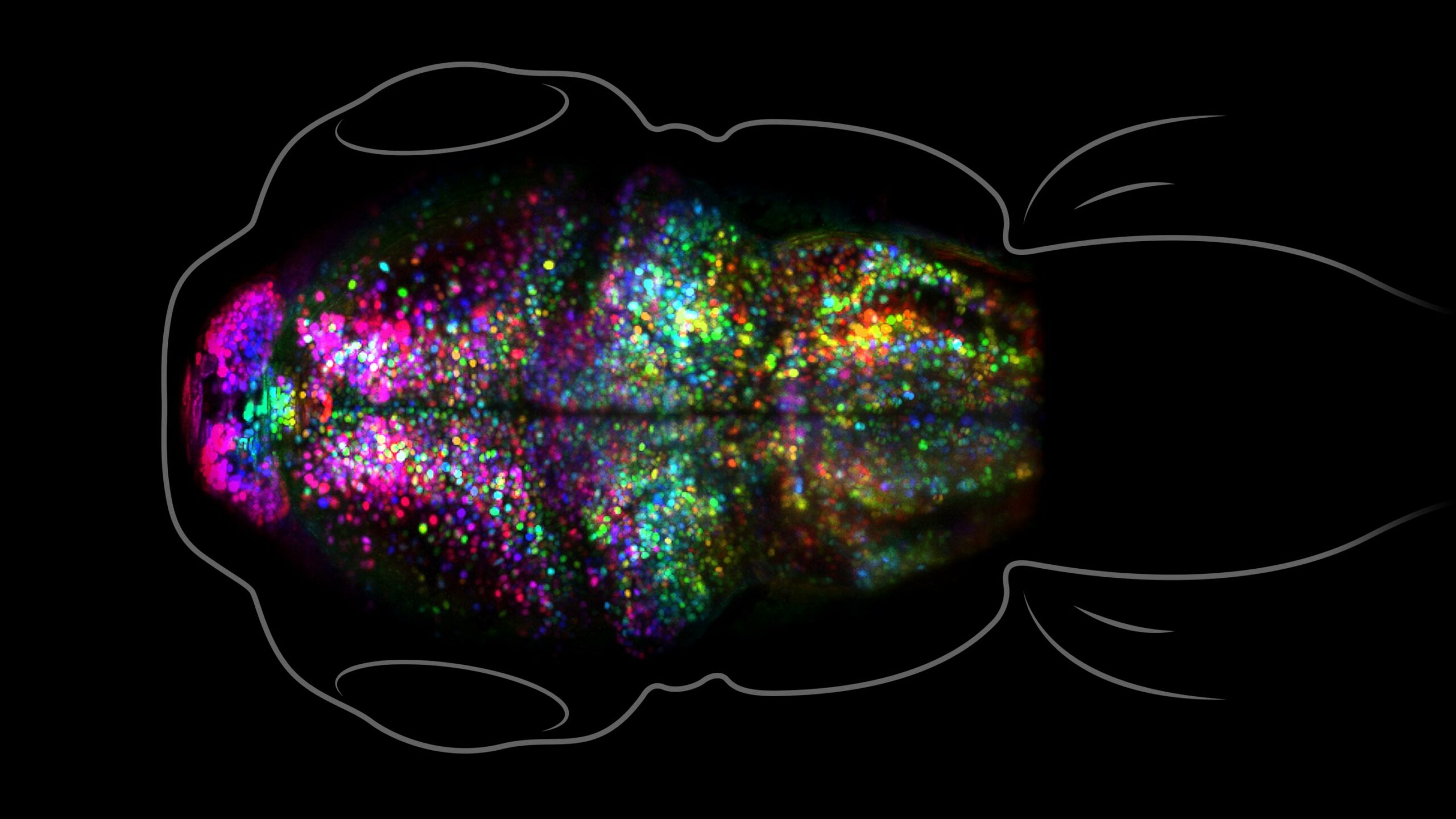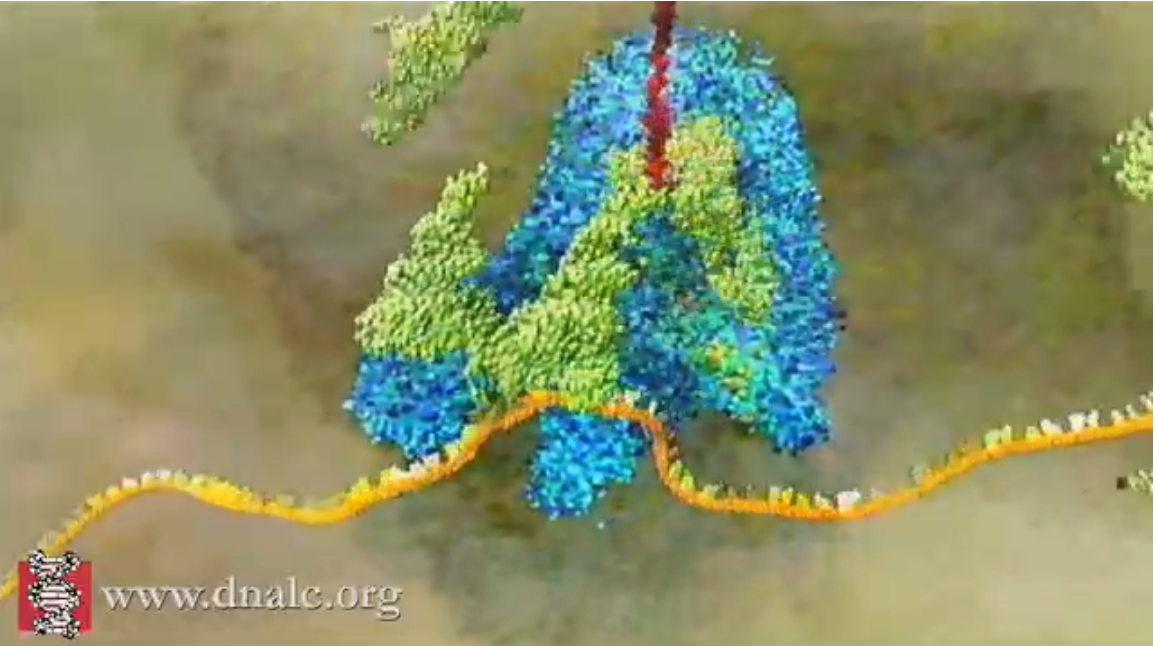Tuesday, 14 February 2023
Brain in pieces versus brain-body-environment resulting from a long evolutionary process

.
In 2021, Dr. Casey Henley, an assistant professor in the Department of Physiology at Michigan State University, published a free online book entitled Foundations of Neuroscience, intended for university undergraduate students. She deserves much credit for this initiative to make basic knowledge about neuroscience and the human brain available to this audience, as well as for the clarity of this book’s content and illustrations, which is exceptional for an introductory textbook in this field. This clarity carries over into the book’s overall structure, which follows a traditional model. It starts with chapters on the anatomy of the neuron, the ionic mechanisms of action potentials and the basics of synaptic integration. Next come chapters on the more general organization of the nervous system, including the various “sensory systems” and then the “motor system.” Lastly, there are chapters on “behaviour”, including phenomena such as motivation and reward, fear, stress and the behaviours associated with sexual differentiation. (more…)
From the Simple to the Complex | Comments Closed
Monday, 2 January 2023
Theories of consciousness
 .
.
Today I’d like to tell you about an article that you really shouldn’t miss if you’re interested in the various theories of consciousness in the cognitive sciences: “Theories of consciousness”, by Anil K. Seth and Tim Bayne, published in Nature Reviews Neuroscience in May 2022. (more…)
The Emergence of Consciousness | Comments Closed
Tuesday, 13 December 2022
The Dog Vision

The Dog VISION website pulls off the neat trick of giving you some idea of how dogs see the world. As you probably know, every species of animal has its own particular set of sensory systems through which it perceives not THE world but rather ITS world. Thinkers such as James Gibson (pp. 26-34) and Francisco Varela (pp.191) developed their ideas about this relationship between an animal’s body and its environment in the 1970s and 1980s, drawing on the pioneering work of Jakob von Uexküll and his landmark book A Foray Into the Worlds of Animals and Humans, published in 1934. All of these biologists, psychologists and philosophers (I’m also thinking of Thomas Nagel and his famous paper, “What Is It Like to be a Bat?” ) have warned us against the ready temptation to assume that other species of animals have the same relationship with the world that we do. For example, Varela, who studied colour perception extensively, liked to say that every species “lives in its own chromatic space” and that for any given species, this space is not necessarily optimal, but has simply proven adequate to ensure the survival of that species to the present time. (more…)
The Senses | Comments Closed
Monday, 21 November 2022
Zebrafish brain images may reveal neuronal bases of emotional memory
 As is well known, memories with heavy emotional connotations—especially negative ones—are very strong. In extreme cases of post-traumatic stress, such memories can be so recurrent and intrusive that they make life a living hell. In mammals, the brain structure most highly involved in such negative memories is the amygdala. But while much research has been done on the hippocampus, which is the brain structure involved in spatial, lexical and other forms of memory, the amygdala has received much less attention, in part because it is so hard to access. To get around this problem, a research team at the University of Southern California, in Los Angeles, used larval zebrafish and a fluorescence-based imaging method to visualize the changes that occurred in the synapses of the pallium (the fish brain structure equivalent to the amygdala) after aversive conditioning. The surprising results were published in the journal PNAS in January 2022, in an article entitled “Regional synapse gain and loss accompany memory formation in larval zebrafish”. (more…)
As is well known, memories with heavy emotional connotations—especially negative ones—are very strong. In extreme cases of post-traumatic stress, such memories can be so recurrent and intrusive that they make life a living hell. In mammals, the brain structure most highly involved in such negative memories is the amygdala. But while much research has been done on the hippocampus, which is the brain structure involved in spatial, lexical and other forms of memory, the amygdala has received much less attention, in part because it is so hard to access. To get around this problem, a research team at the University of Southern California, in Los Angeles, used larval zebrafish and a fluorescence-based imaging method to visualize the changes that occurred in the synapses of the pallium (the fish brain structure equivalent to the amygdala) after aversive conditioning. The surprising results were published in the journal PNAS in January 2022, in an article entitled “Regional synapse gain and loss accompany memory formation in larval zebrafish”. (more…)
Memory and the Brain | Comments Closed
Monday, 31 October 2022
A set of stunning animations
 Today I want to let you know about a set of stunning animations produced by the DNA Learning Center, which was founded by the Cold Spring Harbor Laboratory in 1988 to educate the general public about issues related to genetics. The DNA Learning Center’s Biology Animations web page contains some 50 animations about DNA, RNA, proteins and their complex interactions. Most of these animations are just a few minutes long, and all of them are are so realistic that they take your breath away—a far cry from the 2D and 3D animations that you may have seen where everything is smooth and steady and all the colours are uniform. Instead, in these animations, everything moves and pulsates, as if you were moving through the living molecular jungles inside the tiniest human cells. (more…)
Today I want to let you know about a set of stunning animations produced by the DNA Learning Center, which was founded by the Cold Spring Harbor Laboratory in 1988 to educate the general public about issues related to genetics. The DNA Learning Center’s Biology Animations web page contains some 50 animations about DNA, RNA, proteins and their complex interactions. Most of these animations are just a few minutes long, and all of them are are so realistic that they take your breath away—a far cry from the 2D and 3D animations that you may have seen where everything is smooth and steady and all the colours are uniform. Instead, in these animations, everything moves and pulsates, as if you were moving through the living molecular jungles inside the tiniest human cells. (more…)
From the Simple to the Complex | Comments Closed







